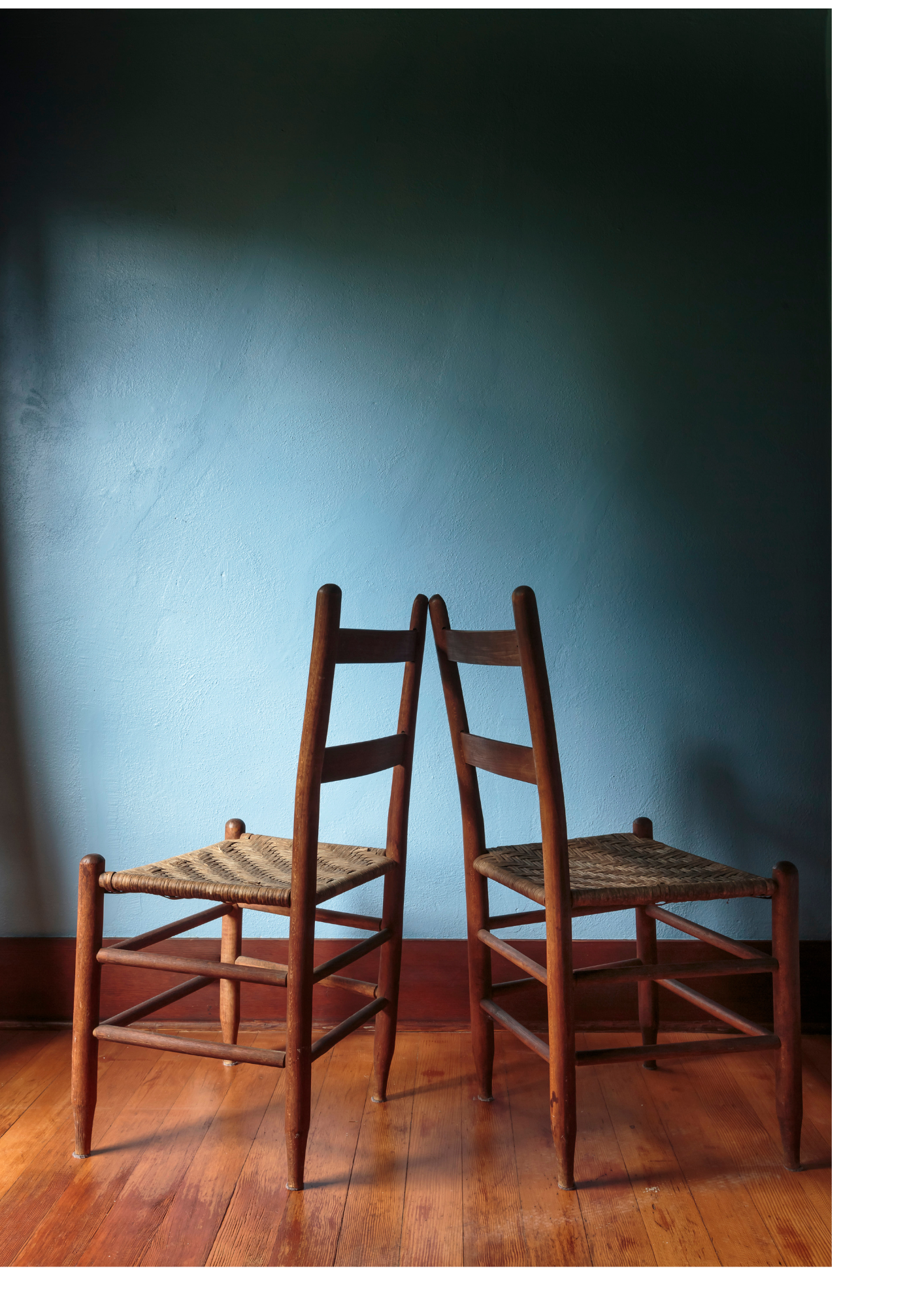Separation and Divorce Ambivalence in Family Mediation
Attachment in adult relationships Couples facing separation must cut their legal and financial ties and grow out of their emotional […]
Read complete blog >>
In most societies, women are predominantly seen as nurturers. It is implicitly expected that women will care for the young, the sick and the elderly. Women help others grow, they bring them back to health, respond to their needs and offer support. A nurturing woman is often idealized as a role model.
Women don’t choose to be nurturers any more than men choose to be producers. These gender roles are based on societal values and expectations. A child growing up is mostly cared for by women. In families, mothers tend to be the primary caregivers. Nannies are mostly women. Nursery and elementary school teachers are likely to be women. Nurses are mostly women. In most countries there are still more male doctors than female doctors, though in some countries female medics now outnumber male doctors.
It is worth noting that in many societies it’s predominantly women of color who are in nurturing jobs. These women nurture other people’s children, sick and elderly as well as carry out domestic duties. Their own children may be living in their country of origin being cared for by someone else.
A nurturing woman in this role is in a double bind. She works long hours in often poorly paid jobs and in conditions where they may experience exploitation while she is unable to care for her own family. She may forgo holidays and choose to work through them, as their pay is low and many family members depend on her income.
The truth is that without women of color, most white men and women would not be able to be as successful as they are in their careers.
A great number of women with children work outside the home and support their families financially. Some work out of choice but the majority work out of necessity. However, as care work is seen as the woman’s primary task, women who have to or want to prioritize their careers aren’t supported. In some cultures a woman who is focused on her career is labelled as “bad” or “misguided.” She may be judged by society as a “bad mother, wife or daughter.”
In other cultures, the woman is expected to be a “superwoman” who can do it all. She should excel both at work and at home. And even then, while her husband will be labelled as masculine for investing in his career, she will be described in less favorable terms.
No matter how much a woman’s income is needed in her family, she will feel guilty about the time she spends away. She will neglect her own well-being and self-care for the sake of others. She always comes last.
As much as a woman gets joy from seeing her loved ones thrive, grow and heal, it should not come at her own expense.
Many women find that when they were girls and young adults they were well looked after by other women. They had mothers, grandmothers, sisters and good friends to turn for their emotional needs.
Then something changed in their lives. They got married and had children. They needed to step up and care for their children but continued to need support. Their partners were often unable to provide the emotional support they needed. They may have been distracted by their need to provide for the family or had never learnt to nurture their wife. At the same time, the woman’s closest friends also started their own families. Her support network weakened with every new marriage and every new baby that was born.
Many working women with young families find themselves struggling. They feel lonely, unheard and unsupported. If they are expats, their own mothers and sister may live far away and are unable to offer any meaningful support.
In many young families, fathers are actively participating in nurturing the children. They cook, take the children to dental appointments and get up at night to look after a sick child. Some children are fortunate enough to have a male elementary school teacher though having a male nursery teacher is still rare.
Men who take an active role in nurturing are changing the world one child at a time. Their children grow up seeing both men and women in nurturing and producing roles. Hence, when the time comes for them to choose their life path, they are freer than the previous generation to follow their interests.
Little boys who have been nurtured by their fathers or other close male figures, learn to be nurturing in their own relationships. Their partners will have a man who can turn up emotionally and support them with love and affection.
Expat women are far away from their parents and need to get someone else to care for them. This may feel liberating if family relationships are tense. It may be heartbreaking if they long to be there for their parents.
The pressure, however, comes predominantly from the expectations that the family puts on the woman. She may be expected to drop all her other responsibilities and come and care for her elderly parents. She may be considered selfish if she seeks to find a fair balance in the duty of care between her siblings or find it difficult to make time for this.
In some cases, if the woman does not get support from her husband, she not only goes back to care for her parents but takes her children with her for the duration of her stay. She is left trying to meet everyone’s needs, unlikely to make anyone fully happy and she neglects her own needs.
In order for us to be able to nurture others, we must first nurture ourselves. Our children should see both parents look after their own well-being but also see their parents care for each other emotionally. At times this may mean the husband is pushing back when others want his wife to sacrifice her own health for the sake of others.
This blog was originally published by Aurelia Psychology under the title: Women’s Month: The Nurturing Woman. Some minor edits have been made to the original post. Our MotherGood program helps mothers and mothers-to-be maintain a sense of self beyond nurture.
Articles on www.hoopfull.com may feature advice and are for informational purposes only. It is not intended to be a substitute for medical advice, diagnosis or treatment from a trained professional. In an emergency, please seek help from your local medical or law enforcement services.
Keep up to date with the Hoopfull community.

Attachment in adult relationships Couples facing separation must cut their legal and financial ties and grow out of their emotional […]
Read complete blog >>
We spend years in school learning math, biology, and history, but very few of us are ever taught the actual […]
Read complete blog >>
Our standard of living has improved physically and materially. Life expectancy has increased. Healthcare, housing, education, infrastructure, and human rights […]
Read complete blog >>